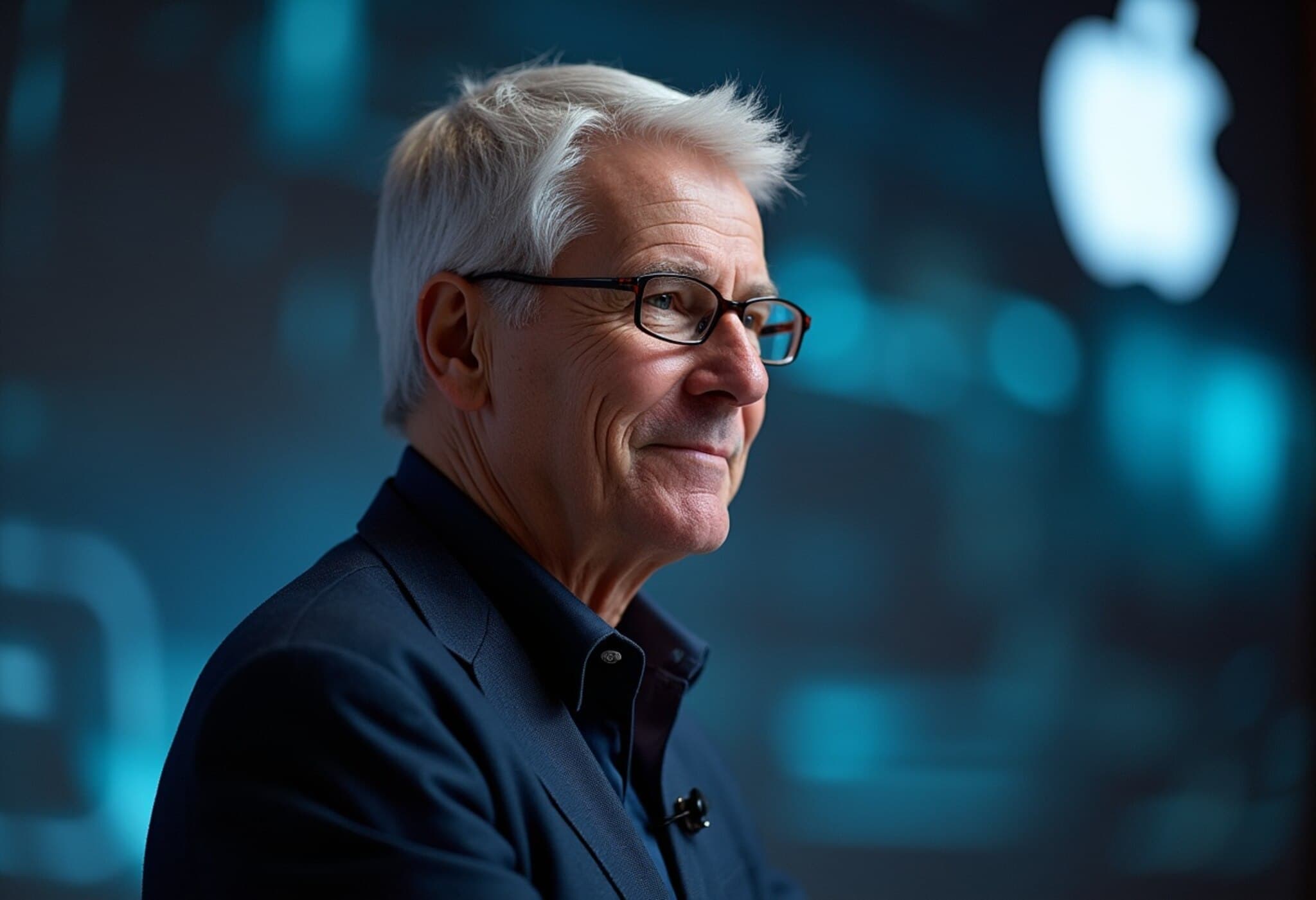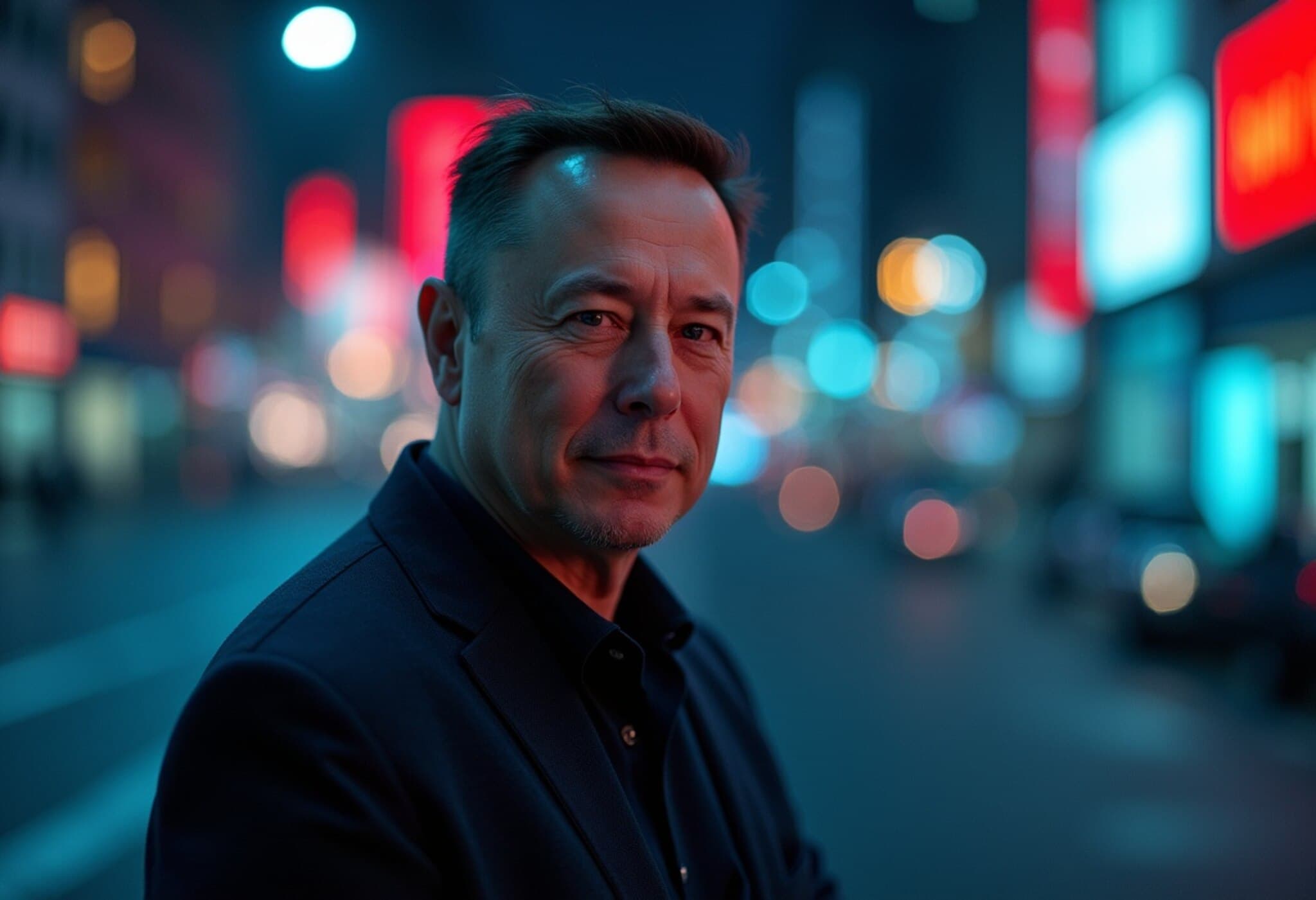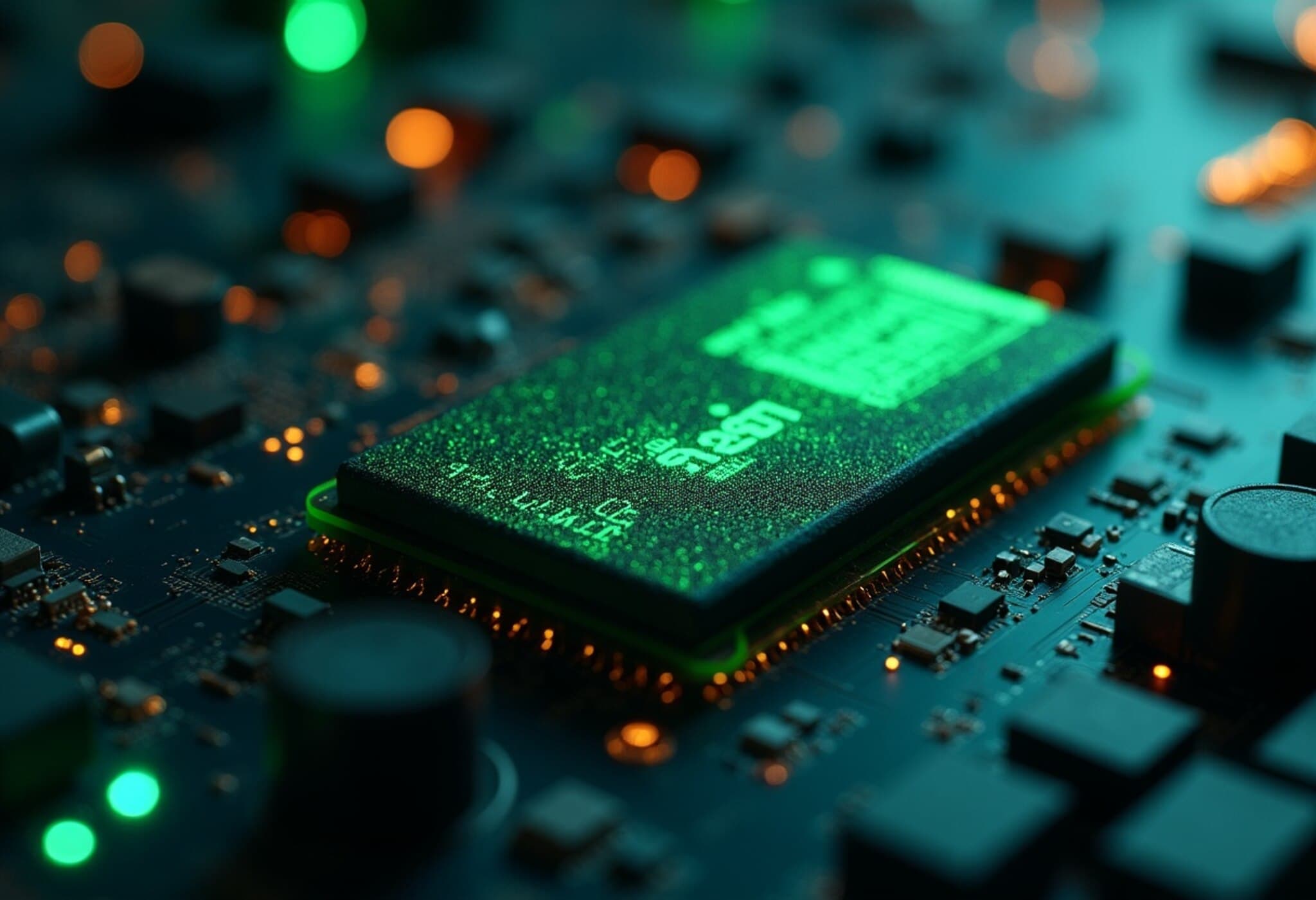Apple Accelerates AI Investments Amid Growing Industry Pressure
Apple’s Chief Executive Officer, Tim Cook, recently opened up about the tech giant’s evolving approach to artificial intelligence (AI), signaling a marked acceleration in its AI investments and openness to acquisitions. Speaking during the third-quarter earnings call on July 31, 2025, Cook articulated Apple’s commitment to catching up with and potentially surpassing its Silicon Valley counterparts, many of whom have poured tens of billions of dollars into AI infrastructure.
Investment Growth and Strategic Acquisitions
While Apple has traditionally maintained a cautious pace in its capital expenditures compared to peers like Google, Meta, and Microsoft, which recently reported massive AI-related spending—Google’s $85 billion and Meta’s estimated $72 billion in annual capital expenditures serve as striking examples—Cook made it clear that the company is significantly ramping up its commitment.
“We are significantly growing our investment. We did during the June quarter. We will again in the September quarter,” Cook stated, revealing Apple's strategic momentum.
In the most recent fiscal quarter, Apple reported $3.46 billion in capital expenditures, nearly doubling the $2.15 billion from the prior year’s quarter. If this quarterly rate held steady, the annual capex would approximate $14 billion, still well below its biggest tech peers but demonstrating a clear upward trajectory.
Acquisitions: Flexibility and Focus on AI
Addressing analysts’ curiosity about mergers and acquisitions (M&A), Cook emphasized Apple’s openness to companies of all sizes that can enhance its AI roadmap. “We’re very open to M&A that accelerates our roadmap,” he noted, highlighting that while most acquisitions this year have been relatively small, the focus remains on strategic fit rather than scale.
Apple has acquired approximately seven companies so far in 2025, not all of which are AI-focused, but this activity signals a nimble strategy designed to integrate key technologies quickly.
Reflecting on Apple’s largest-ever acquisition—Beats Electronics in 2014 for $3 billion—Cook’s remarks underscore a preference for targeted deals that embed emerging technologies, rather than blockbuster purchases.
Internal Realignment to Prioritize AI
Beyond capital and M&A, Apple is reorganizing its internal resources to strengthen its AI capabilities. Cook revealed that a considerable portion of staff is being redirected toward developing AI-driven features, underscoring a company-wide prioritization.
Apple’s approach also includes a hybrid capital investment model. Rather than owning vast cloud infrastructure outright, Apple leverages partnerships to access necessary AI hardware, recording such arrangements as operating expenses rather than capital expenditures.
Further, Apple announced plans to expand its proprietary server capabilities, known as Private Cloud Compute, which utilizes Apple-designed chips instead of third-party solutions like Nvidia.
AI Strategy: Seamless Integration with Privacy at Core
Cook’s commentary also highlighted Apple’s distinctive focus on privacy and personalization in its AI integration. “Our focus, from an AI point of view, is on putting AI features across the platform that are deeply personal, private and seamlessly integrated,” he said.
This approach aligns with Apple’s historic emphasis on user privacy, differentiating its AI offerings from competitors that often rely heavily on data aggregation.
Future-Proofing the iPhone and Exploring New Devices
Addressing concerns about disruptive AI-powered devices threatening Apple’s flagship iPhone, Cook confidently said, “It’s difficult to see a world where iPhone’s not living in it.” He suggested that any forthcoming devices utilizing AI would act as complementary, rather than substitutive, to the iPhone ecosystem.
Notably, Apple’s former design visionary Jony Ive has recently partnered with OpenAI on an ambitious $6.5 billion venture, raising questions about what innovative AI products might emerge from this collaboration.
Industry Context and Market Expectations
Apple’s measured but decisive AI push comes amid intensifying competition in the tech industry, where companies race to build advanced AI models and cloud infrastructures. Despite being viewed as a latecomer compared to AI juggernauts, Apple’s strategy leverages its unique strengths in hardware-software integration, privacy, and user experience.
However, questions remain about the scale and speed at which Apple can close the AI gap and the nature of potential acquisitions that could redefine its AI portfolio.
Expert Analysis: Apple’s AI Strategy Within the Broader Tech Landscape
Industry analysts note that Apple's approach—prioritizing privacy-conscious AI embedded seamlessly across devices—resonates with growing consumer demand for trustworthy AI experiences. However, its relatively conservative capital spending may require acceleration to keep pace with cloud-first competitors aggressively investing in AI data centers and infrastructure.
Furthermore, Apple's hybrid model of partnering for AI hardware access may provide flexibility and cost advantages but could complicate control and in-house innovation in an AI-driven future.
Ultimately, Apple’s success in AI will hinge on its ability to innovate at the intersection of cutting-edge technology and strict privacy safeguards, while navigating a rapidly evolving competitive landscape.
Editor's Note
Apple’s renewed commitment to AI signals a pivotal shift from cautious exploration to proactive innovation and acquisition. This balance of internal realignment, strategic M&A openness, and capital investment sets a foundation for Apple to transform AI integration into everyday user experiences without compromising its core values of privacy and design elegance. Observers and investors should watch closely for upcoming announcements detailing Apple's AI roadmap and potential acquisition targets, as these moves will be critical in defining its role in the AI era.



















